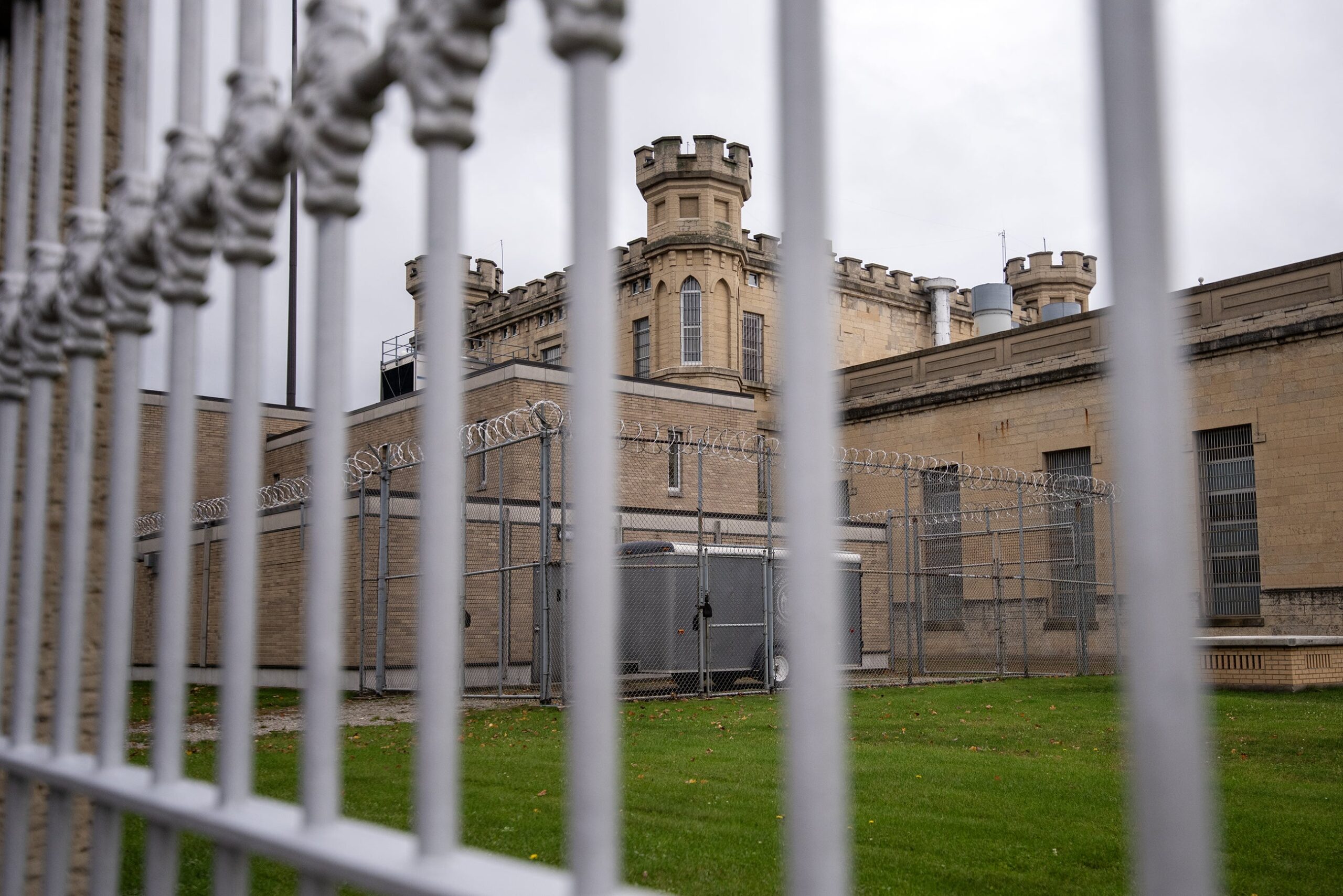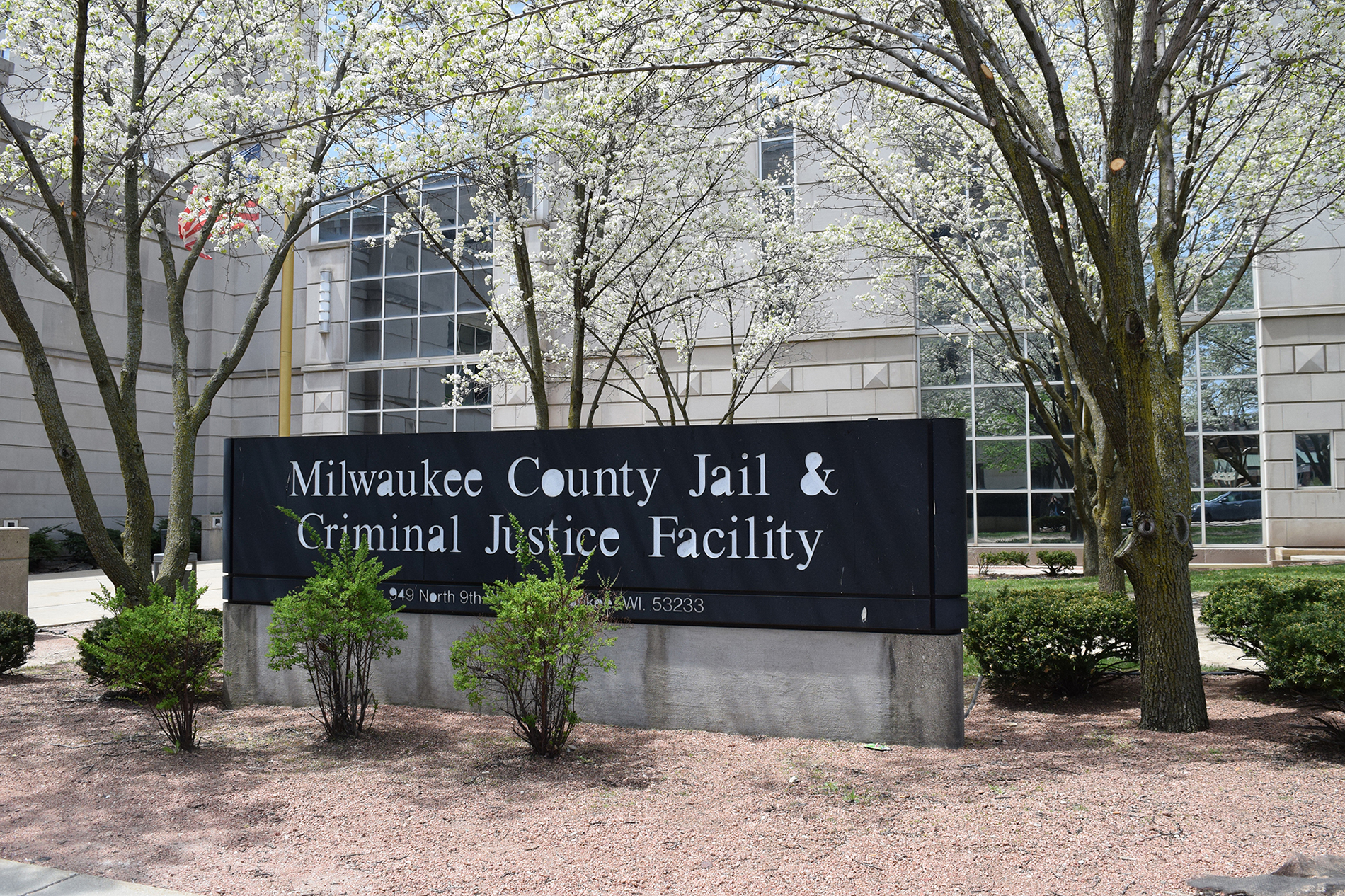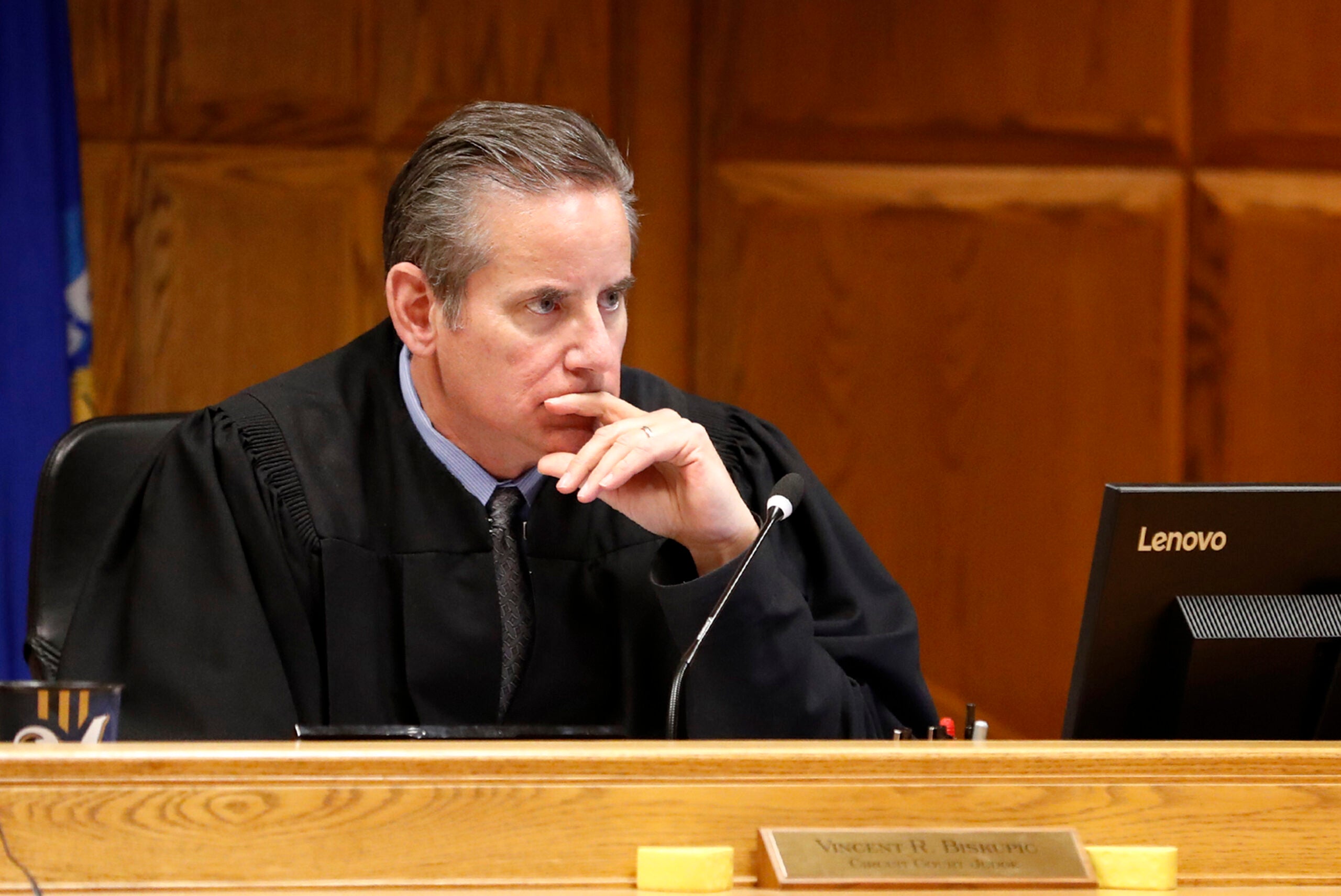The Outagamie county Board has launched a prison reform campaign and is urging other counties to sign on. The goal is to reduce the number of mentally ill and drug addicted inmates locked up in state jails and prison.
The campaign is the brain child of County Board supervisor James Duncan and was launched in the form of a resolution adopted by the Outagamie County Board last month and then sent to the 71 other counties across the state. It calls on the legislature and the governor to make reducing the jail and prison population a priority. And to do it by creating more treatment and diversion programs for low risk mentally ill and drug addicted offenders.
Duncan says he’s convinced the state is spending more than it needs to on locking people up, “Two point five billion dollars that we spend on corrections, not counting all the add on things that we do for the families of these people out there. So if we can do something to correct the situation through treatment to solve the problem it’s a much more conservative way of going about things and it solve the problem makes our communities safer.”
Stay informed on the latest news
Sign up for WPR’s email newsletter.
Duncan worked closely with the community group ESTHER in drafting and pushing though the resolution. Local ESTHER organizer Stephanie Gyldenvand says there’s a statewide effort to shift prison dollars to county based treatment and diversion programs, “I think there’s support for it across the state. It’s just a matter of insuring that this priority for our legislators on both sides of the aisle. It’s something that our legislators have been approached with year after year and small amounts of investment have been made. It’s time for them to actually decide to make the investment.”
Gyldenvand says groups like hers across the state will be urging county officials to take that message to Madison next year and demand a boost in funding for treatment instead of prison programs.
Wisconsin Public Radio, © Copyright 2024, Board of Regents of the University of Wisconsin System and Wisconsin Educational Communications Board.





